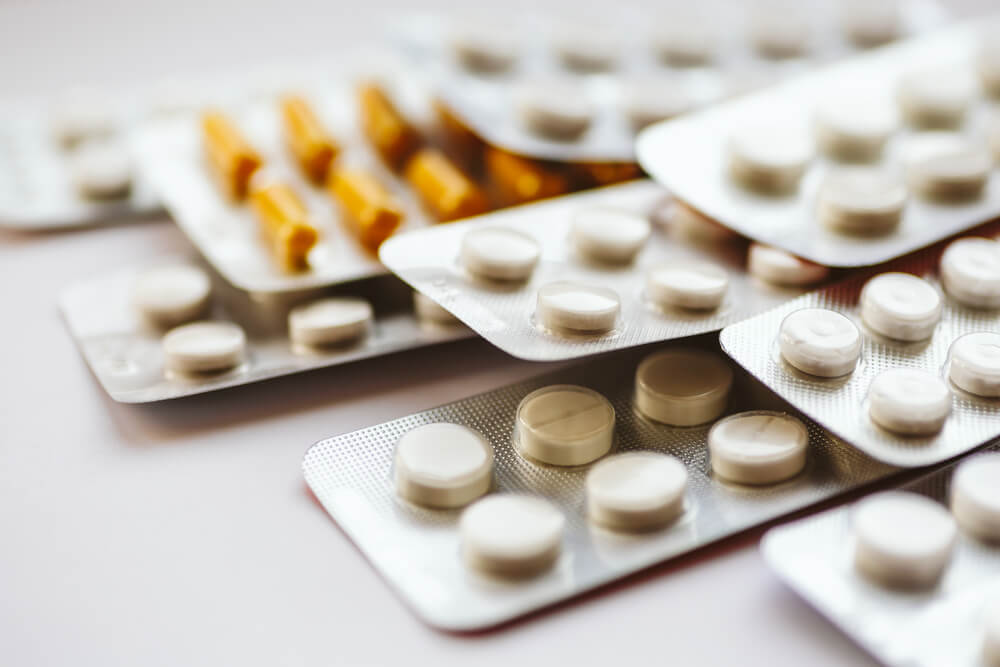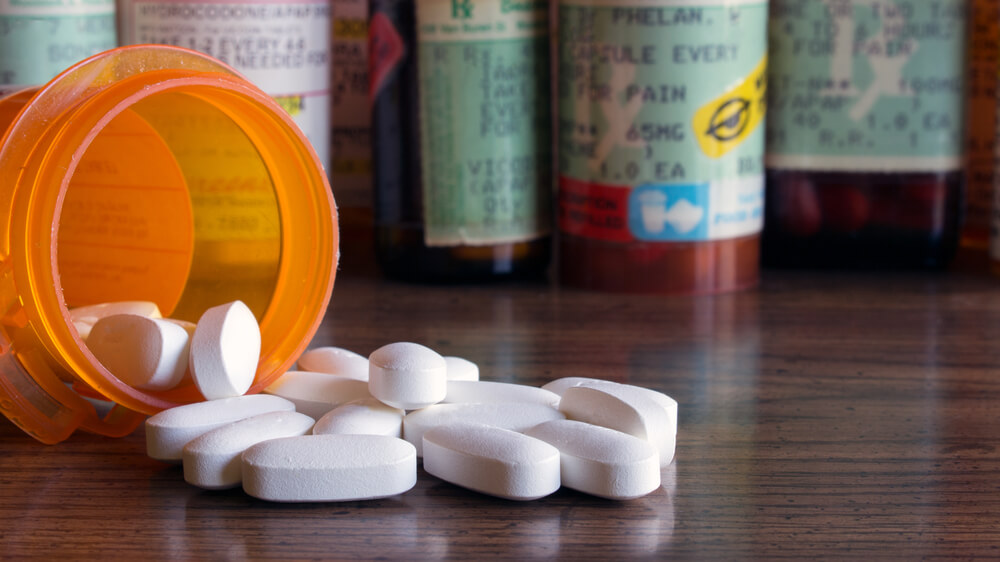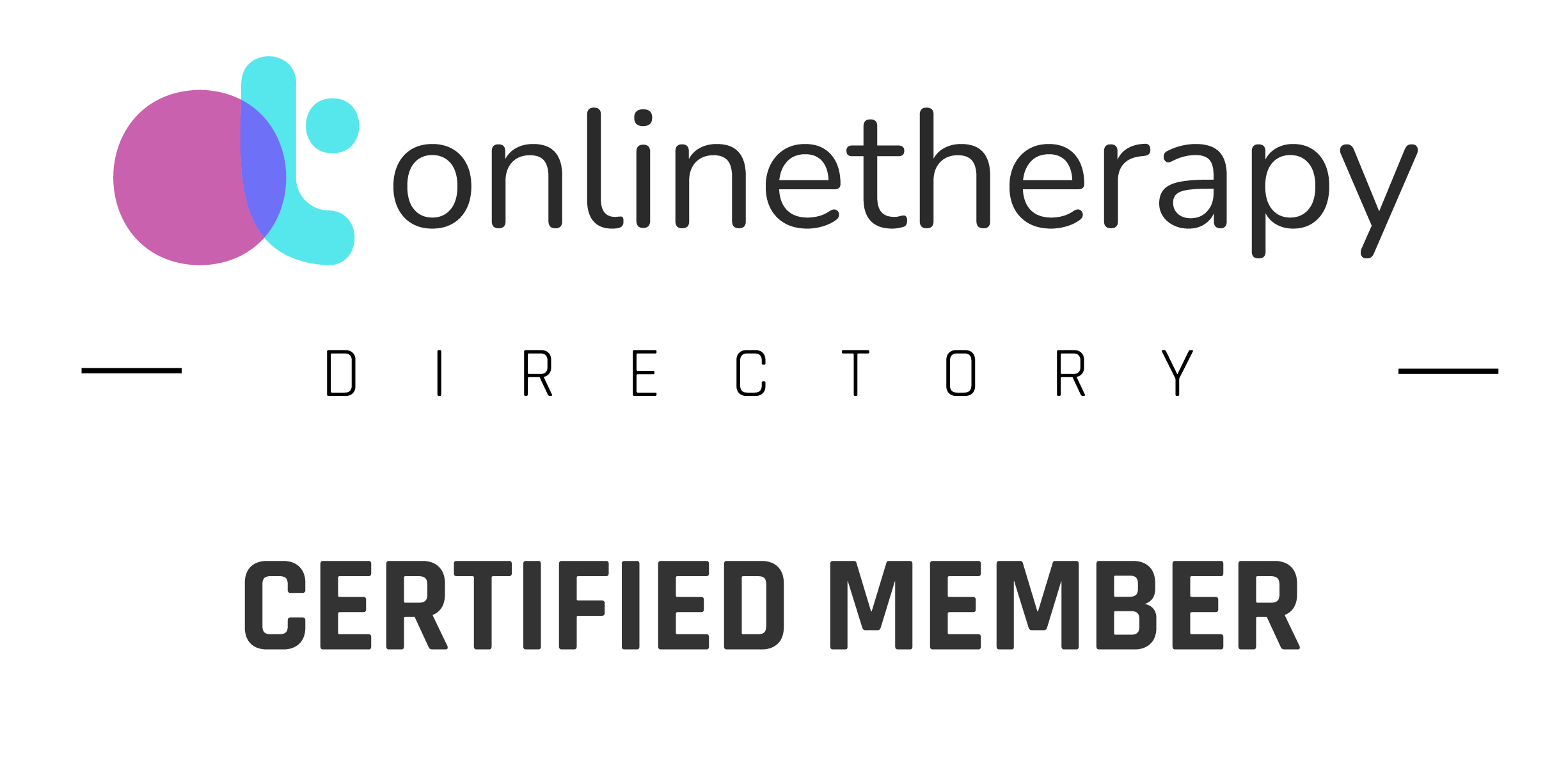In a world where medications are increasingly accessible, understanding and practicing responsible medication habits is fundamental. The early acknowledgment and adherence to these practices set the stage for a lifetime of safe and efficient medication use. Medications can be consumed by minors and cause addiction or health issues.
Here, we will highlight the importance of learning about medication and share some medication best practices you should know.
Why Is Learning About Medication Important?
Medication can play a monumental role in disease management, alleviating symptoms, and even saving lives. However, it can lead to severe consequences without proper understanding and guidance. Youth education on medication falls into the ‘prevention’ category of health literacy, which focuses on removing harmful practices before they start.
Understanding Medication
Before youth can be expected to uphold responsible practices, they must understand what they are. Medications are powerful tools for overcoming health issues such as infections, chronic illnesses, and mental health conditions. They come in various forms, including pills, liquids, inhalers, injections, and more.
However, medications also have potential risks and side effects. Learning about medication can help youth understand how they work in the body and how to use them safely to avoid unintended consequences.
The Risks of Self-Medication in Older Adults

Different Types Of Medications
The variety of medicines available is vast, from over-the-counter (OTC) drugs to prescription medications. Diving into the classifications and purposes of different drugs will help demystify the often-confusing landscape of medications. The most common types of medications include:
- Analgesics: used to relieve pain and inflammation, such as ibuprofen or acetaminophen.
- Antibiotics: used to treat bacterial infections, like penicillin or amoxicillin.
- Antidepressants: used to manage depression and other mental health conditions, such as sertraline or fluoxetine.
- Antihistamines: used to manage allergies, like loratadine or cetirizine.
- Antacids: used to relieve heartburn and acid reflux, such as omeprazole or ranitidine.
- Birth control pills: used to prevent pregnancy, such as combination pills or progestin-only pills.
Importance Of Reading Labels And Following Instructions Carefully
The label on a medication package is not just for decoration; it’s a critical guideline crafted to ensure proper administration and avoid misuse. Reading carefully is a must when deciding to take medication since it contains vital information such as:
- The medication’s name and purpose
- Dosage and strength
- Instructions for consumption, such as with food or before bedtime
- Possible side effects and interactions with other medicines
Failing to follow label instructions can result in harmful consequences, especially when mixing different drugs or taking the wrong dosage.
Medication Safety Practices

Teaching safe medication practices is akin to imparting life-saving skills. Here are some best practices that you should be following:
- Taking the correct dosage and frequency: Overdosing or underdosing due to self-medication are equally dangerous practices. Young individuals must learn the principles of calculating and administering the correct dosage and abide by prescribed schedules.
- Storing medications properly: Medications are sensitive to a variety of environmental factors. Understanding how to store them correctly ensures that their efficacy and safety are maintained.
- Recognizing and avoiding expired medications: Medicines are not timeless. An expired medication may not only be ineffective but potentially harmful. Youth must be taught to check expiration dates and understand their importance.
- Medication interactions with food or other drugs: Compounds in some medications can interact negatively with foods or other drugs, sometimes with adverse effects. Education in this area is crucial in managing one’s health effectively.
Communication and Responsibility
Engaging with the medical community and taking personal accountability are pillars of responsible medication practices.

Importance Of Talking To A Doctor Or Pharmacist About Questions Or Concerns
Youth must be encouraged to ask questions and express concerns without hesitation. A culture of open communication with healthcare professionals fosters a responsible approach to medication.
Never Sharing Medications With Others
Medication is personal and should never be shared, even if symptoms or conditions appear similar. This is an important point to convey, especially to young adults who may encounter peer pressure related to pharmaceutical use.
Informing Healthcare Providers About All Medications Being Taken
Doctor’s appointments are incomplete without a thorough discussion about all medications. Educating youth about this responsibility will help them appreciate the larger picture of their health and treatment regimen.
Get The Support Of Our Experts
Medications are beneficial if used properly. However, not knowing the risks of overdosing can cause many problems. At Mind and Body Counseling Associates, our experts can help you understand how to use medication correctly.
We can also offer support for any questions or worries you may have. Don’t hesitate to reach out to us for assistance and to learn more about our medication management for mental health.


